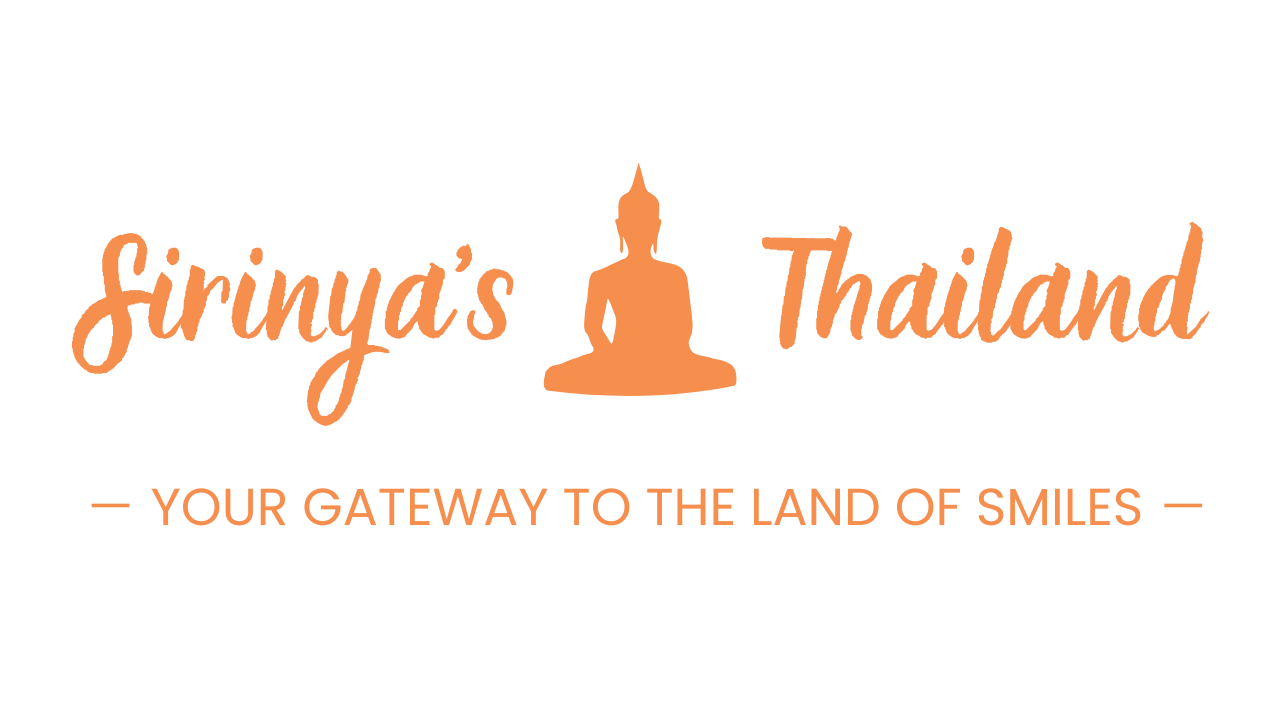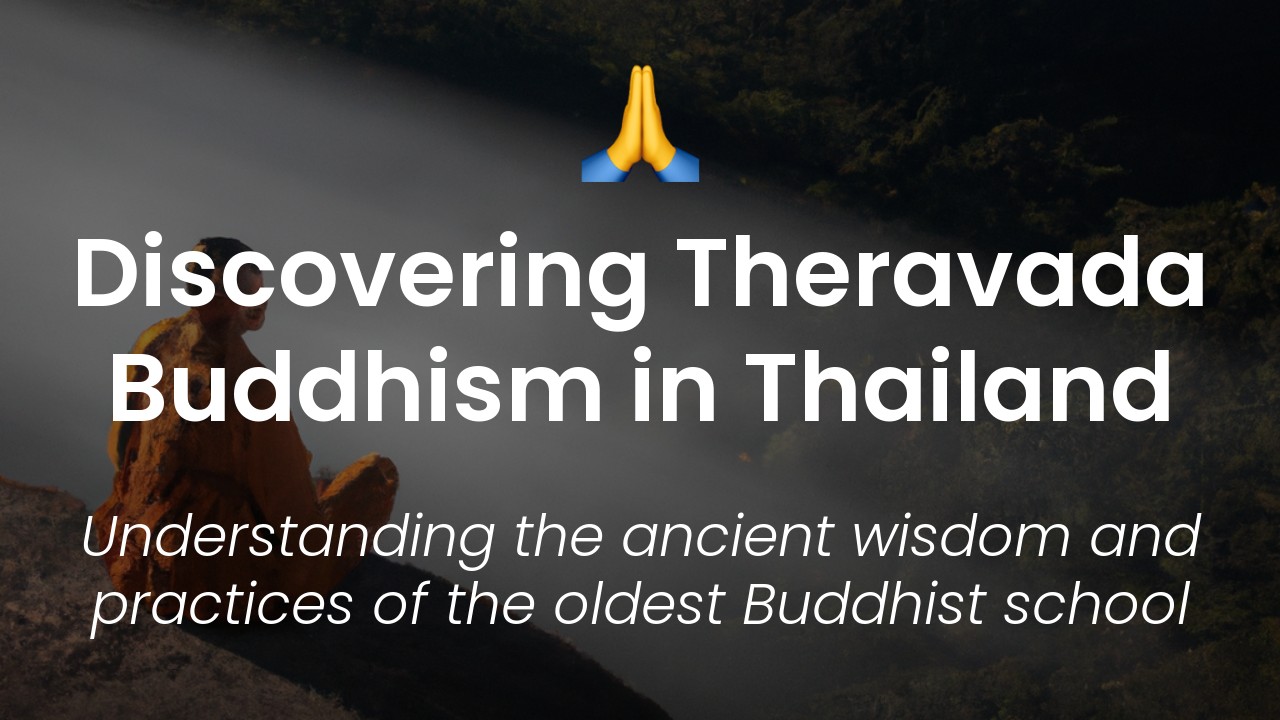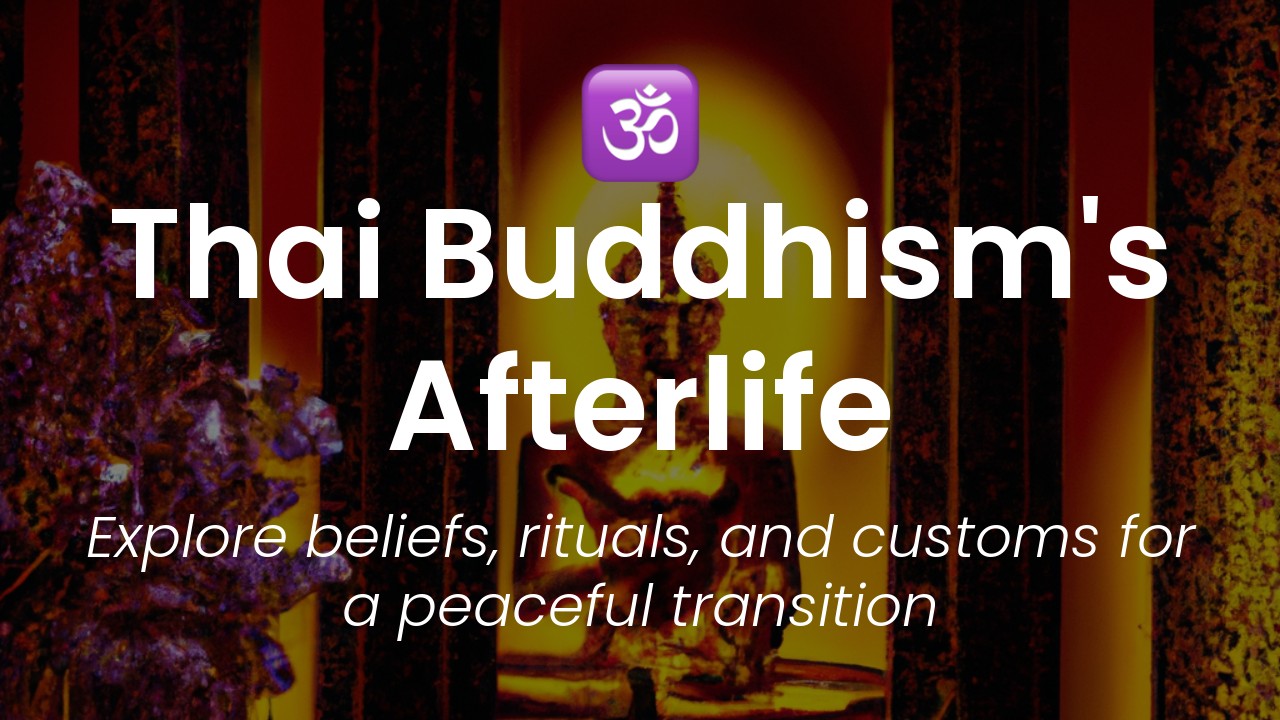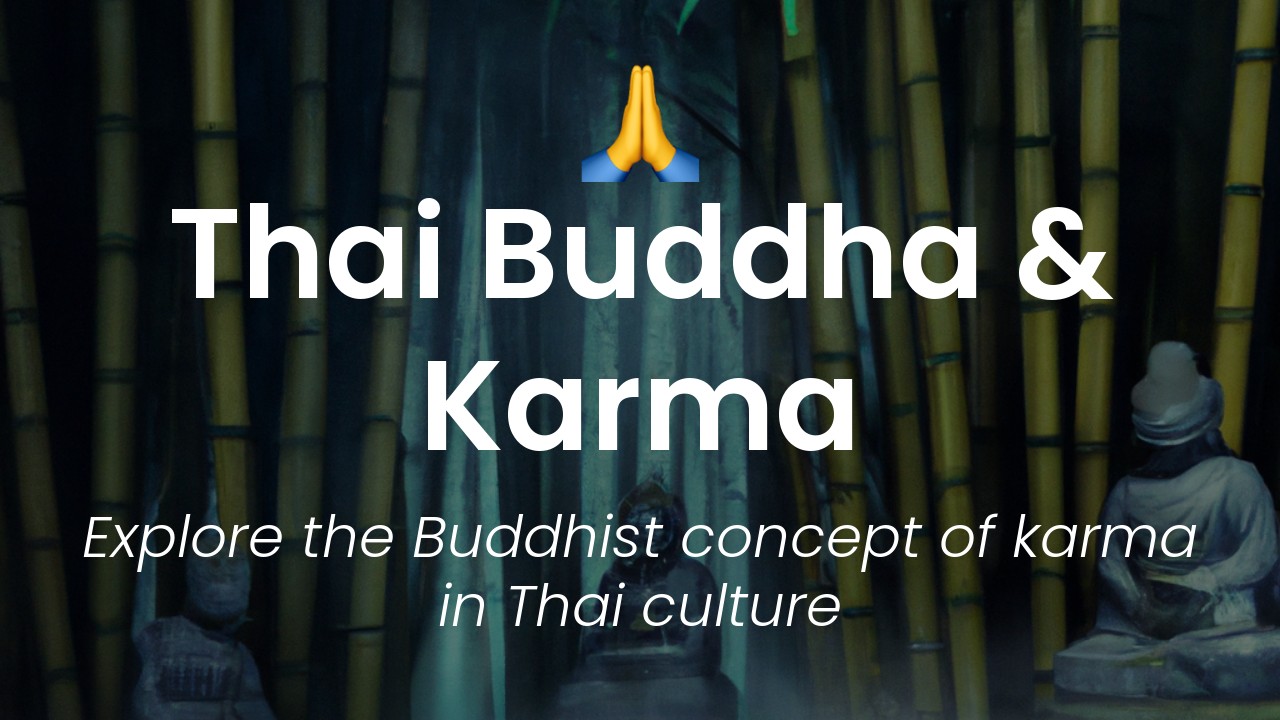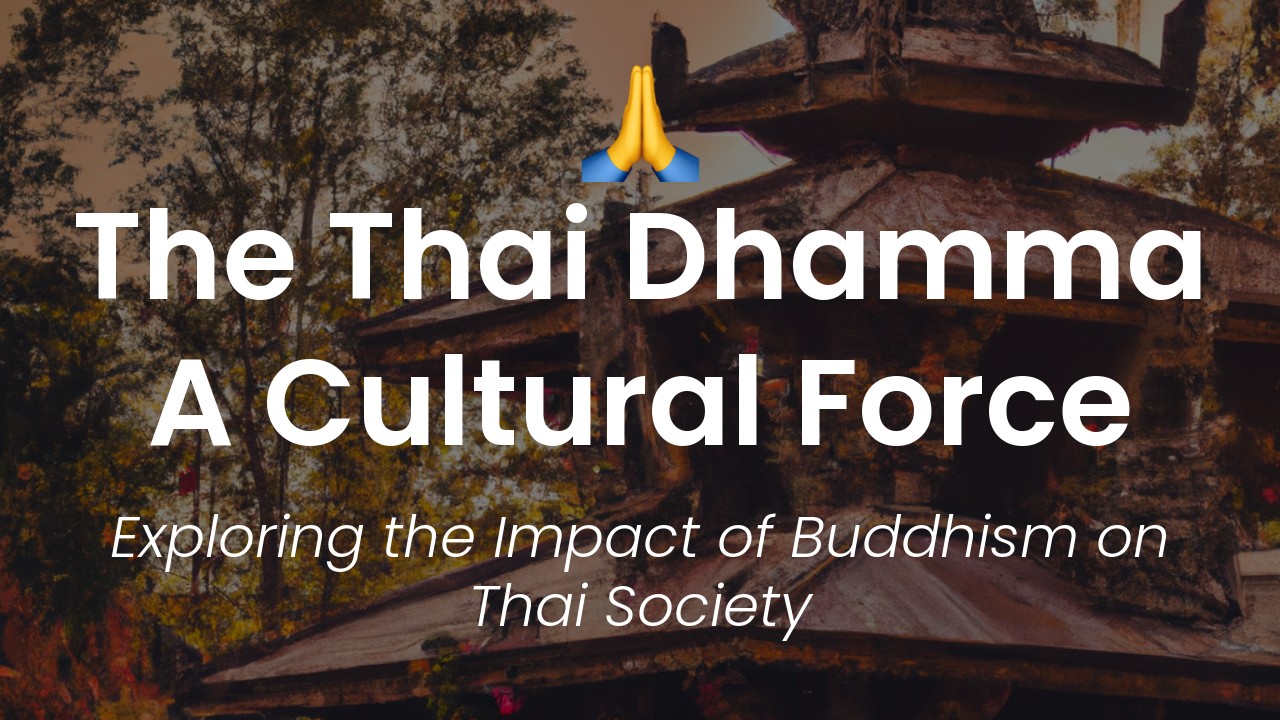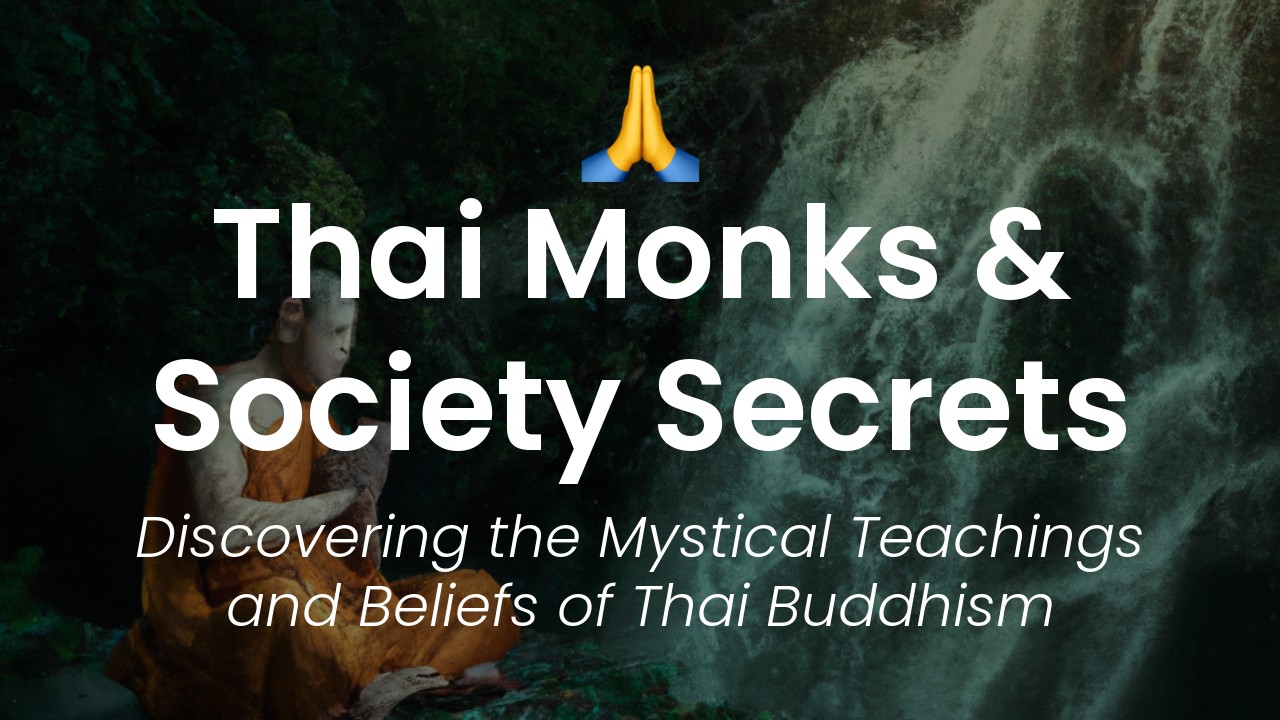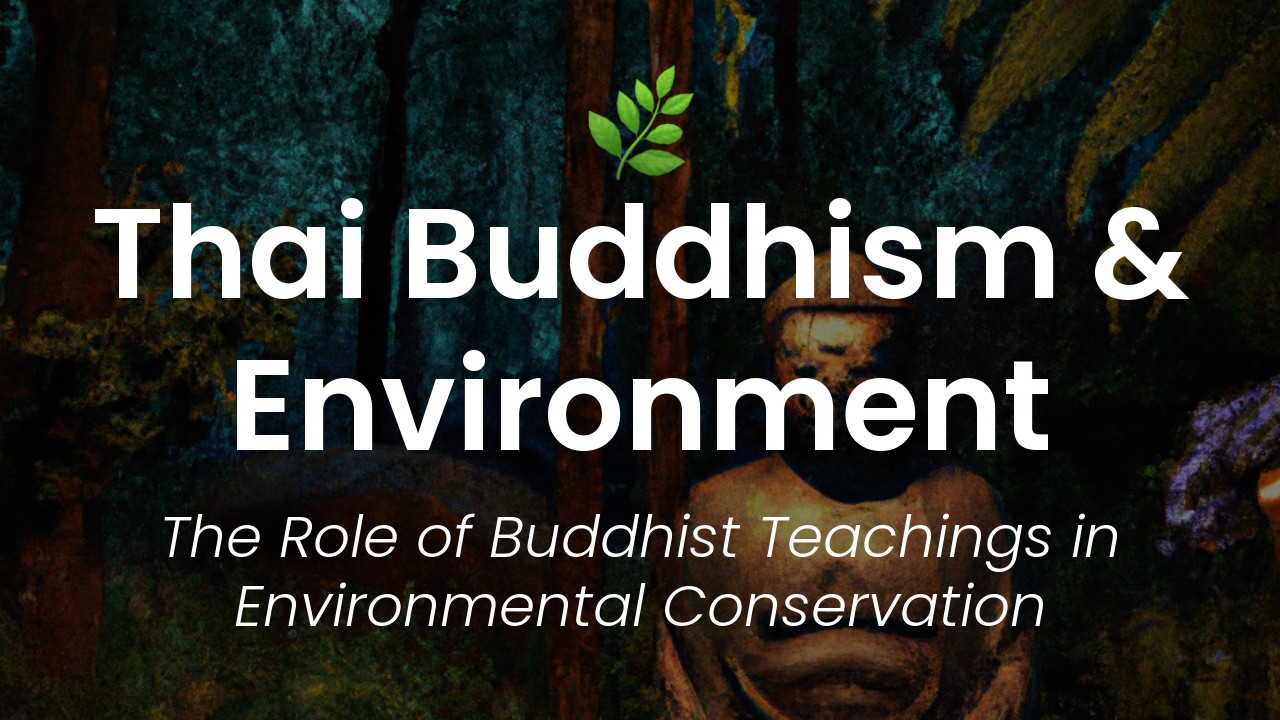I recently had the opportunity to discover Theravada Buddhism during my travels in Thailand and it was a transformative experience. As someone who has always been interested in exploring the unique cultures of various countries, this was a highlight of my journey. I was fascinated by how intertwined Buddhism is with the Thai national identity and how it permeates every aspect of daily life.
Theravada, which translates to "the way of the elders," is the oldest surviving branch of Buddhism and is predominant in Southeast Asia. Thailand has a deeply rooted Buddhist tradition and Theravada plays a significant role in its religious and cultural practices. As a tourist in Thailand, it is important to understand the basics of Theravada Buddhism in order to appreciate the country's customs and traditions.
Through my research, conversations with locals, and experiences visiting sacred sites throughout the country, I've gained a deeper understanding of Theravada Buddhism and its influence on Thai culture. In this blog post, I want to share with you my insights and the secrets I've uncovered about this fascinating religion, including the role of monks, the practice of meditation, and the importance of karma in daily life. Join me as I take you on a journey to unlock the secrets of Theravada Buddhism in Thailand.
The History of Theravada Buddhism
Theravada Buddhism, the oldest surviving branch of Buddhism, is the dominant religion in Thailand. This ancient tradition is founded on the teachings of the Buddha, which were preserved in the ancient Pali language of India. Theravada Buddhism spread throughout Southeast Asia after the Buddha passed away, and became the predominant form of Buddhism in Thailand during the 13th century.
The Role of Monks in Thai Society
Monks are highly respected in Thai culture. They play an important role in society as spiritual teachers, counselors, and mentors. Many Thai men become monks at some point in their lives, and the act of becoming a monk is seen as a way to earn merit and gain blessings for oneself and one's family. Monks are also supported by the community, who provide them with food, shelter and other necessities.
Understanding Buddhist Temples and Shrines
Buddhist temples, also known as wats, are an important part of Thai culture. They are often the focal point of a community and contain many intricate and ornate features. Most Thai temples have multiple buildings, including a main hall, a shrine room, and living quarters for monks. The main hall is typically used for meditation and worship, while the shrine room is the place where Buddha statues and other sacred relics are kept.
Insight Meditation and Mindfulness Practices
The practice of meditation is central to Theravada Buddhism. In Thailand, meditation is often taught by monks and is used as a way to cultivate mindfulness and inner peace. Insight meditation, also known as Vipassana, is a technique that encourages the practitioner to observe their thoughts and emotions in a non-judgmental way. This practice is believed to help individuals gain insight into their own minds and develop wisdom and compassion.
The Importance of Karma and Rebirth
Karma, the law of cause and effect, is central to Buddhist belief. In Thailand, people believe that their actions in this life will determine their fate in future lives. This means that individuals are encouraged to perform good deeds and avoid harmful actions to ensure a positive rebirth. Rebirth, the idea that the soul is reborn into new bodies over time, is also a core belief in Theravada Buddhism.
The Practice of Dana: Giving and Receiving
The practice of giving, or Dana, is an important part of Buddhism. In Thailand, people often give food, money, or other items to monks or those less fortunate. This practice is believed to cultivate generosity and compassion, and is seen as a way to earn merit and blessings.
Visiting Thailand for a Buddhist Retreat
Thailand is a popular destination for Buddhist retreats and meditation centers. These centers offer visitors a chance to practice meditation and learn from experienced teachers. Many centers are situated in peaceful natural surroundings, making them ideal for rest and relaxation. Visitors can also experience Thai culture, visit Buddhist temples, and learn more about the history and beliefs of Theravada Buddhism.
In conclusion, Theravada Buddhism is deeply ingrained in Thailand's culture and society, and plays an important role in people's lives. Understanding the history, beliefs and practices of Theravada Buddhism can help visitors gain insight into Thai culture and spirituality. Whether visiting for a retreat or to experience the culture, Thailand offers a wealth of opportunities to explore and learn from this ancient tradition.
